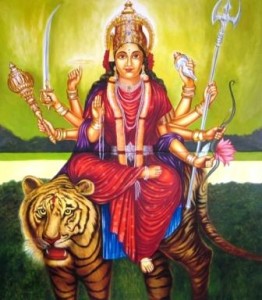Podcast: Play in new window | Download
Subscribe: RSS
Narendra chants the kirtan Chidanand Chidanand:
Chidānand, Chidānand
Chidānanda Hūm
Hara Hāla Me Almasta
Sacchidānanda Hūm
during a saturday evening satsang at Yoga Vidya in Bad Meinberg.
You’ll find the text for this kirtan in the Yoga Vidya Kirtan Songbook as number 51 – if you like to sing along, here is the complete text of this bhajan:
Chidanand, Chidanand
Chidananda Hum
Hara Hala Me Almasta
Sacchidānanda Hūm
Knowledge Bliss, Knowledge Bliss, Bliss Absolute
In All Conditions I am Knowledge
Bliss Absolute
Ajarānand Amarānand
Achalānanda Hūm
Hara Hala Me Almasta
Sacchidānanda Hum
I am without old age, without death, without motion
In All Conditions I am Knowledge Bliss Absolute
I am without fear, without worry
Bliss Absolute, Existence
Absolute, Knowledge Absolute
Independent, unchanging
Non-dual Atman
Immortal Atman, Adwaita Atman
Eternal, Pure, Perfect
Knowledge Absolute, Bliss Absolute, Existence Absolute
P.S.: Narendra sings some text in German which is not listed above.


